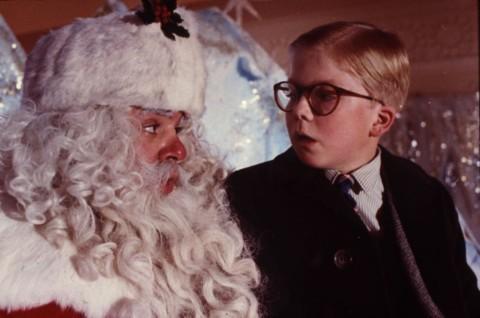Jean Shepherd (1921–1999) loved to tell stories, and he had plenty to tell. Though born in Chicago, he spent many of his earliest days in a much smaller city: Hammond, Indiana. Those youthful days in the small city, as well as traversing back and forth between Chicago’s South Side, provided what seemed to amount to a lifetime of tales.
All Shepherd needed was an outlet to tell his stories. Shortly after serving in the U.S. Army Signal Corps during World War II, he found the perfect outlet in radio. Not only was he able to spin his yarns, but he also had a voice perfect for radio. His first gig came in Cincinnati at WKRC as a disc jockey. The only problem was that he was jockeying his stories far more than the discs, and he was subsequently fired.






